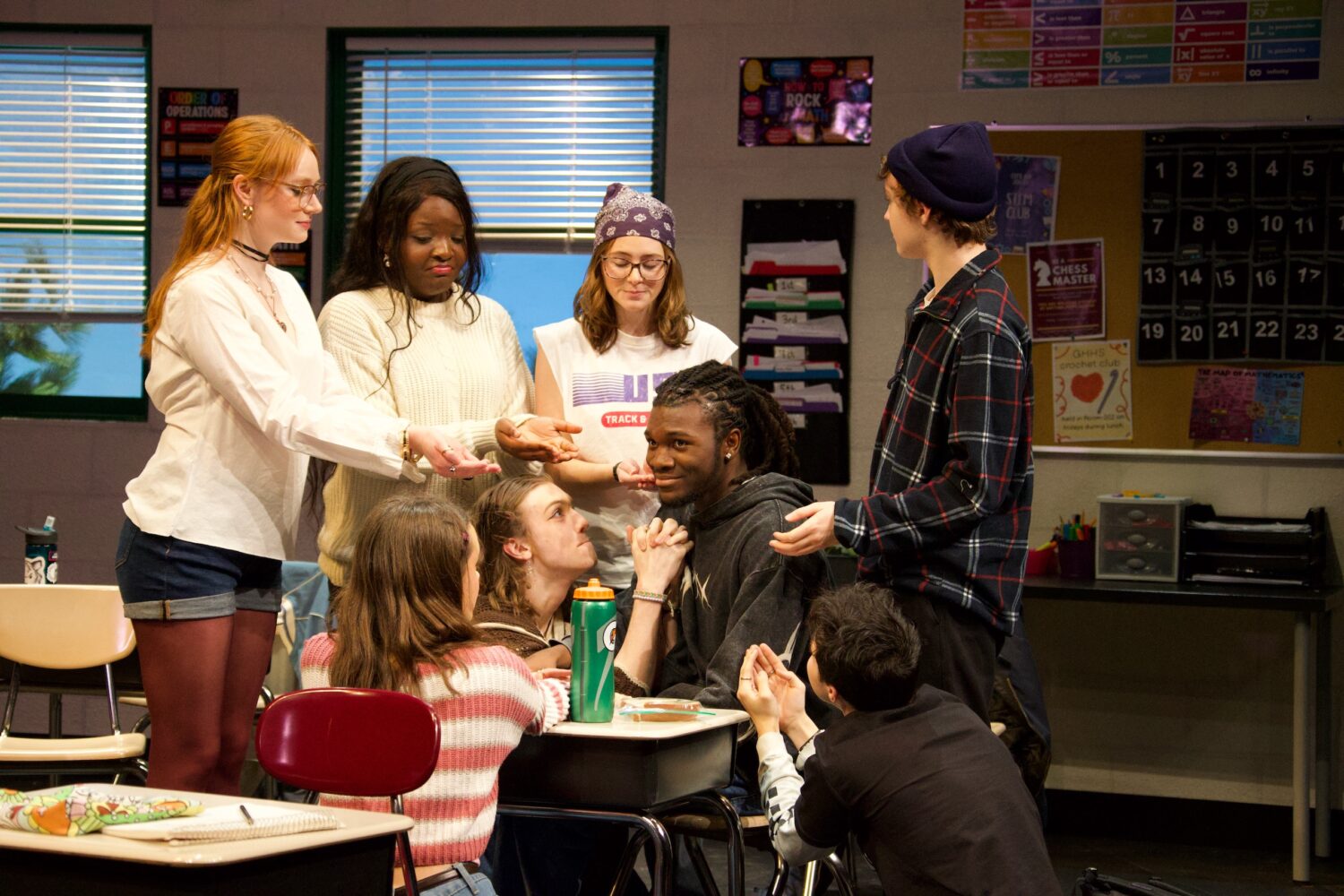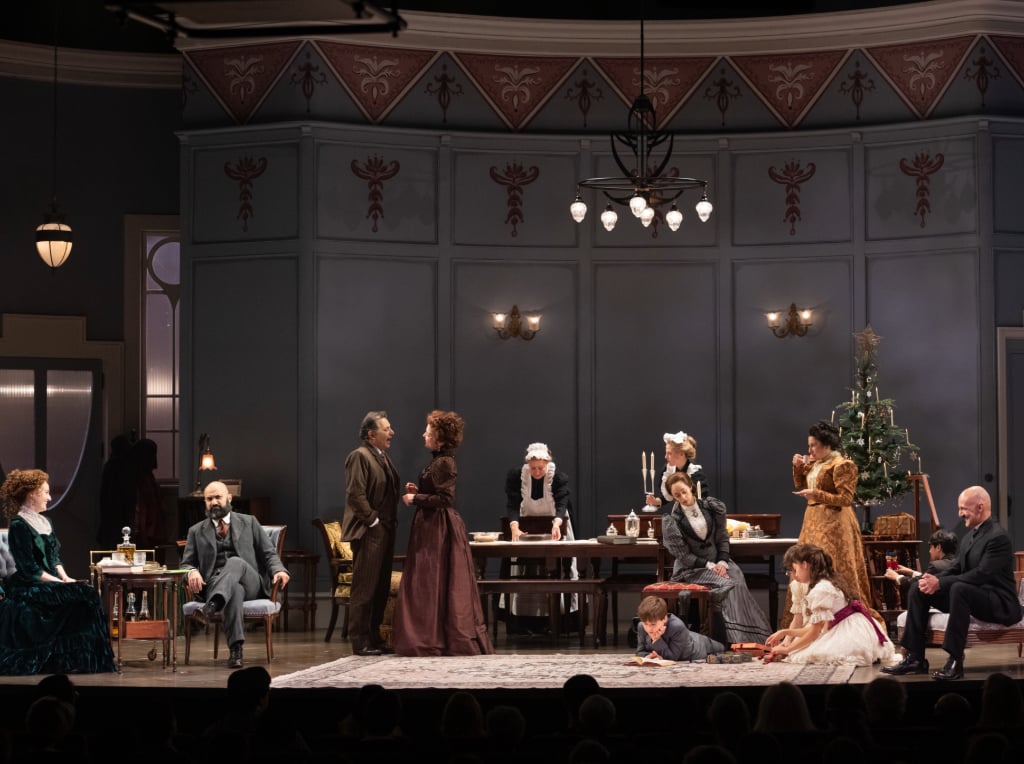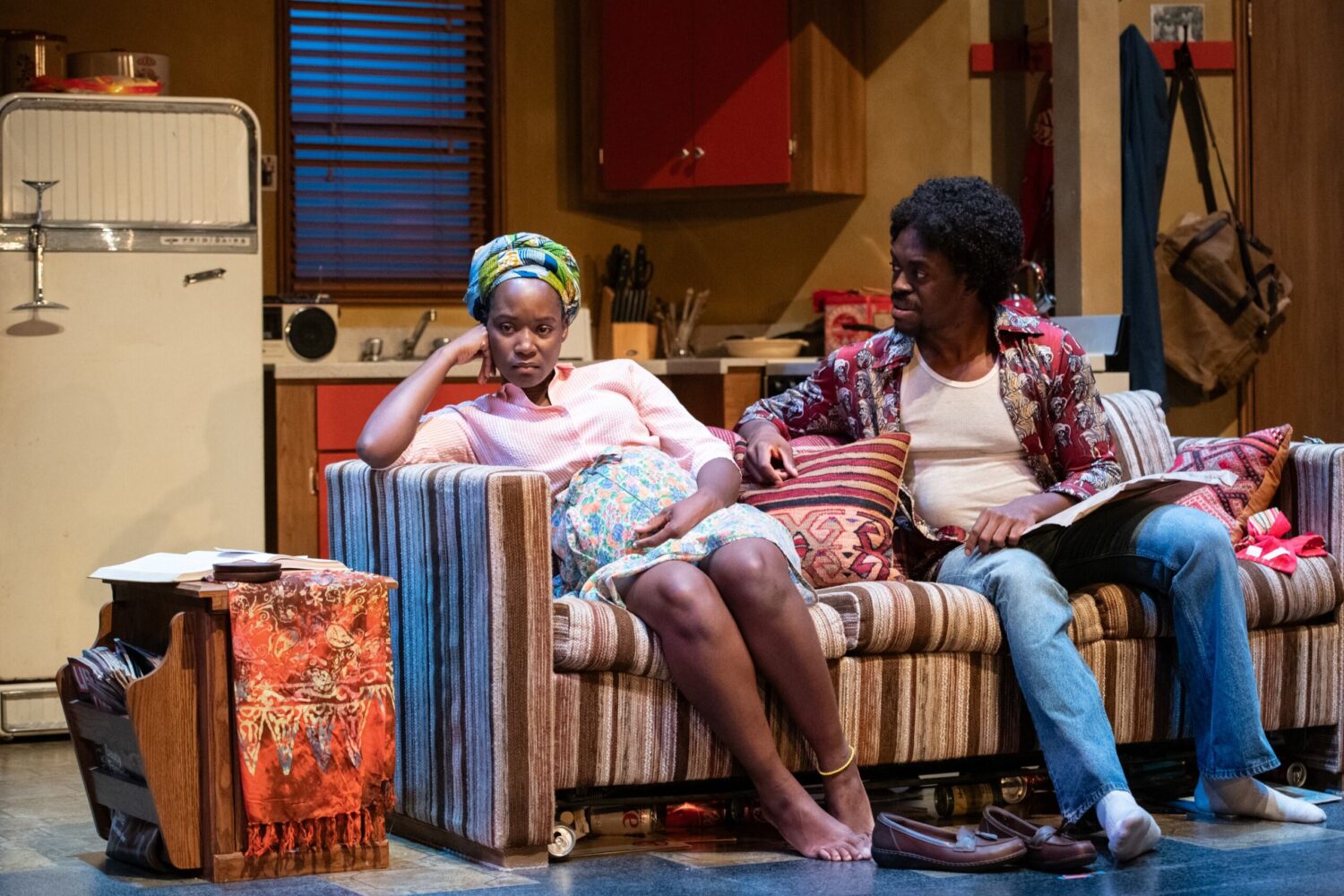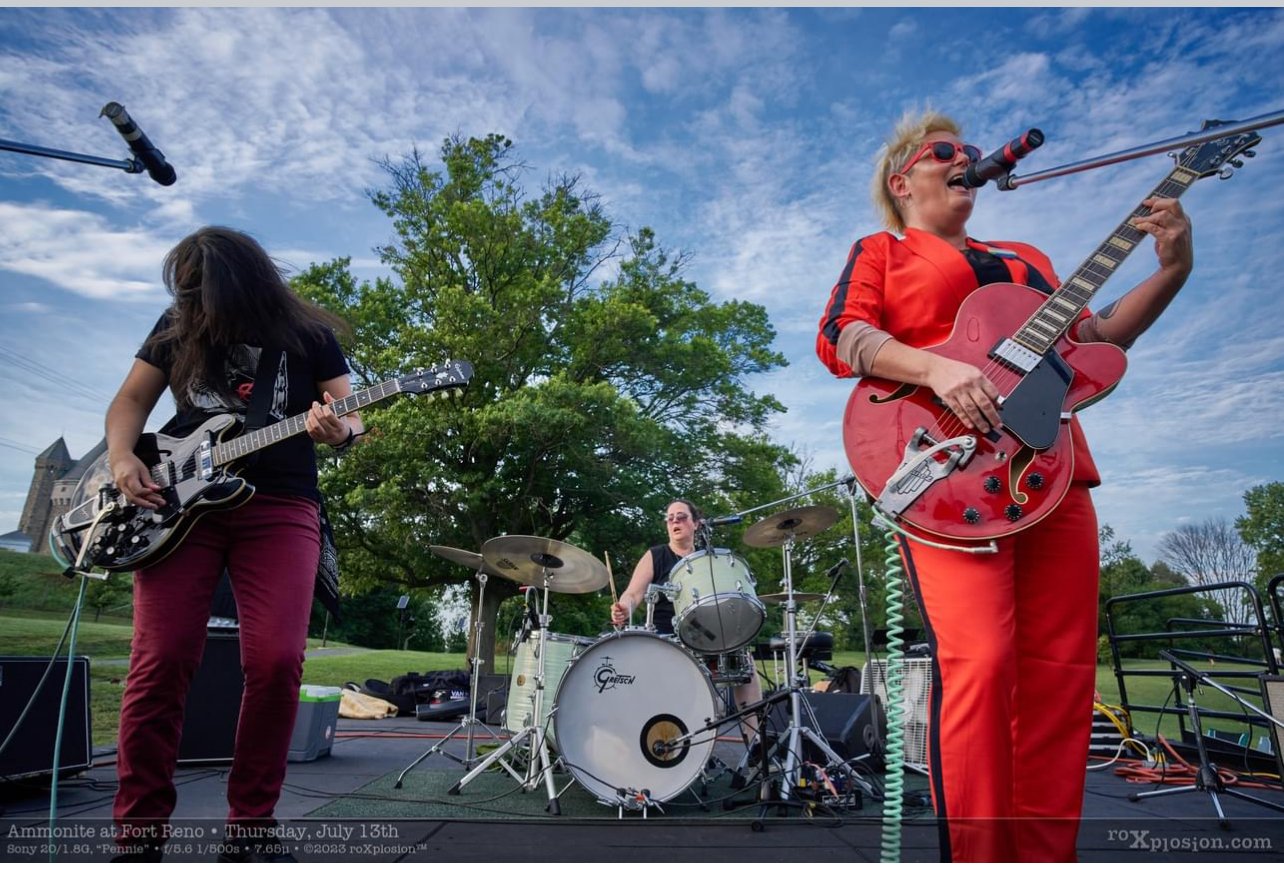Star rating: *** (out of 4)
As he lies awake contemplating the midterm elections, President Obama takes comfort in the fact that one of his thorniest and most intractable political problems, the war in Afghanistan, has been causing leaders sleepless nights for 170 years.
“We’re stuck in a country nobody understands, upholding a king nobody wants,” says one 19th century bugler to another in the first of The Great Game: Afghanistan’s trilogy of plays, currently at the Shakespeare Theatre’s Sidney Harman Hall. In another scene, set in 1985, a Russian soldier complains that “we haven’t learned the lessons of this war—that the people back home don’t think it’s worth it.” No matter the strategy, weapons, or historical moment, Afghanistan remains an intractable problem.
So if there’s no discernible solution, why has London’s Tricycle Theatre waded back into the conflict?
“It was becoming clear Afghanistan was going to be the main focus of British, European, and American policy for at least the next decade,” wrote artistic director Nicolas Kent in an introduction to the plays. “But . . . there was no public debate about this, there was very little reporting, and almost no artistic response.”
The result of his efforts to spur that artistic response is The Great Game: Afghanistan, a production of 12 short plays, grouped into three productions, that seek to recreate different periods of Afghan conflict. Some are more thoughtful than others, and some seem to forget that their purpose is to entertain as well as educate. But taken as a whole, the result is an interesting and ambitious project that makes a significant artistic contribution to the debate about a seemingly unwinnable war.
The first group of plays, Invasions & Independence, is set between 1842 and 1930 when British forces were massacred while withdrawing from Kabual and reformist king Amanullah went into exile. It’s the least engaging. The Anglo-Afghan wars aren’t a major part of American-history curricula, so the production sometimes feels like a lesson plan rather than a dramatization.
The second group, Communism, the Mujahideen & the Taliban, covers everything from a comic briefing of Russian soldiers to the CIA’s arming of Afghan insurgents. The history is nothing new, but the scenes of an ambitious American female operative greedily proffering weapons to Pakistani intelligence—”Triple the stingers. Triple everything!”—are still shocking.
And the third collection, Enduring Freedom, tackles the last 15 years, including the tragedy of September 11, 2001, the ouster of the Taliban, and Obama’s decision to start withdrawing troops next year.
All three intersperse vignettes with verbatim accounts of Afghanistan, drawn from primary sources ranging from expert academics to former General Stanley McChrystal. As journalist William Dalrymple (played by Michael Cochrane), puts it, conflict in Afghanistan is little more than “imperial history repeating itself with an uncanny precision.”
Many of the scenes have a distinctly Brechtian quality: There’s absolutely no sense of escapism, and you’re constantly being reminded that the action onstage isn’t real. In Black Tulips, a play by David Edgar where new Russian recruits are briefed, the lights turn on in the audience, and a plant calls out from the crowd, forcing viewers into the process. Another, Miniskirts in Kabul by David Greig, has a character confessing that she’s imagining everything that occurs onstage. But it’s also hard to resist the emotional pull of a beautiful painting disappearing under Taliban whitewash or a projected image of the Twin Towers collapsing, to be replaced by fields of poppies, the only thing that can thrive in such troubled and inhospitable terrain.
The Great Game draws no conclusions, and it occasionally suffers from spotty performances and dialogue that’s a little rough around the edges. But it succeeds in presenting a nuanced and detailed picture of all sides of the conflict, from an army wife (Cloudia Swann) who can’t understand why her husband remains so dedicated to a conflict that never changes, to a fanatical mullah (Nabil Elouahabi) who refuses to look a female UN representative (Shereen Martineau) in the eyes or address her directly. Some scenes feel too long, and some could be cut altogether. But as a whole, Kent has succeeded in creating a provocative, educational work that leaves audiences to draw their own conclusions.
Now playing at Shakespeare Theatre’s Sidney Harman Hall through September 26. Click here for tickets ($55 to $65).
Subscribe to Washingtonian
Follow Washingtonian on Twitter
More>> After Hours Blog | Arts & Events | Happy Hour Finder | Calendar of Events















